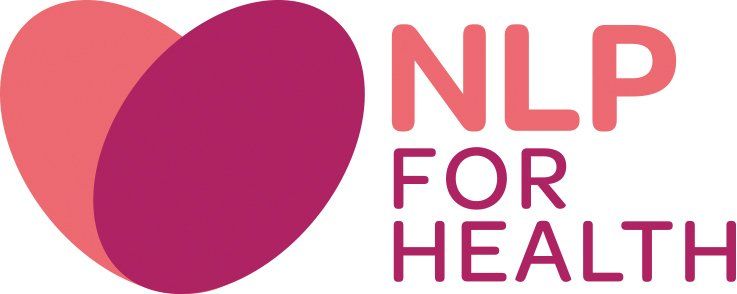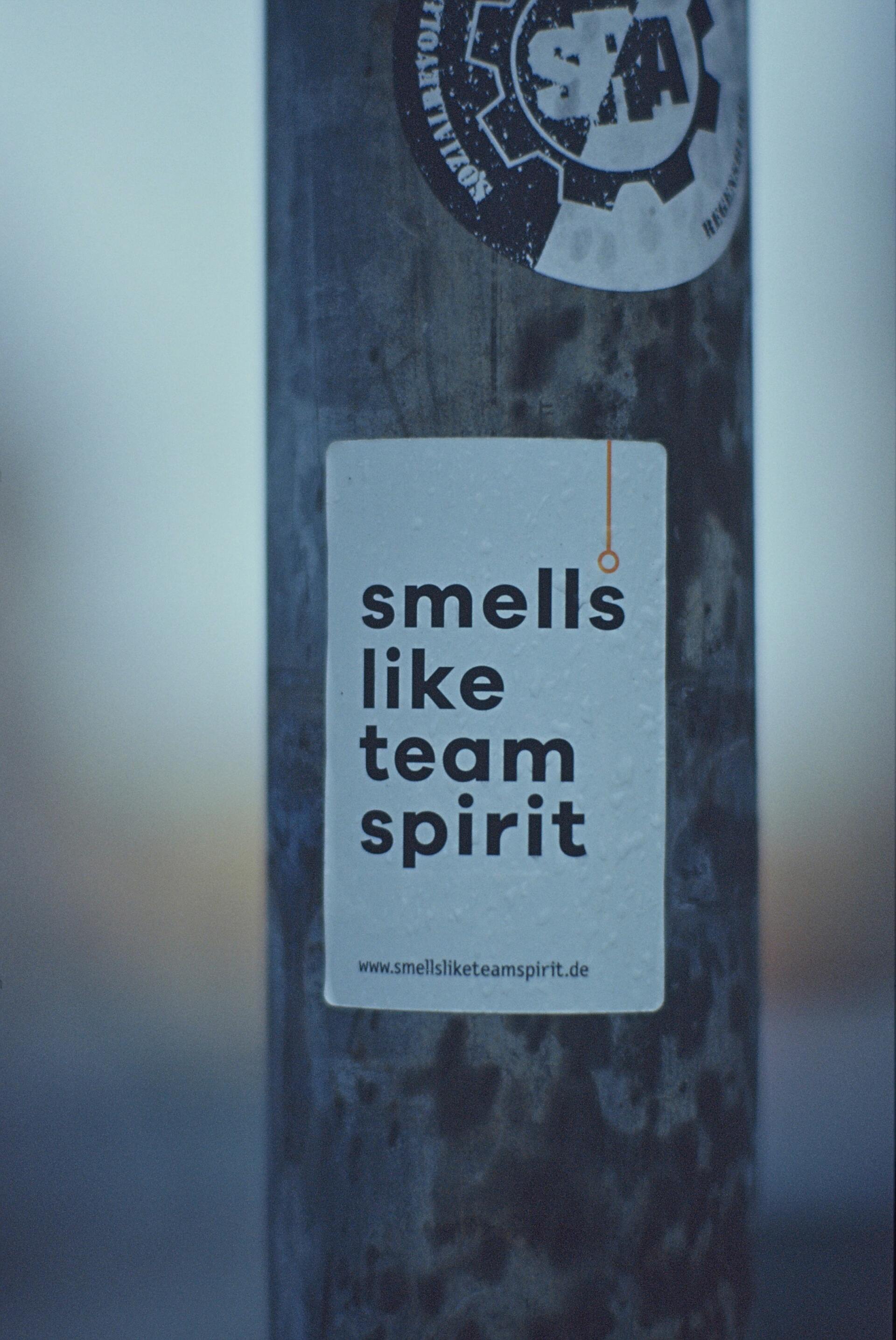How to be a fountain, not a drain
Tasha Thor-Straten • 13 April 2021
How to cope with people who have the tendency to make you feel less than good?
Do you know people who have the natural ability to make you feel good during and after a conversation? Even when you've had a tough morning and downloaded all your thoughts into the conversation?
You feel refreshed, invigorated and somehow you've managed to create more balance in your thoughts, enabling you to make better choices around your behaviours and moods.
The pace of the conversation is equal between you, the tone is appropriate to the context and you feel comfortable in each other's space. You listen and feel like you are being listened to with every fibre of your body.
There's a high chance this person is you.
The saying refers to the fountain being the lifeforce of the conversation, always giving, creating flow and energy. Leonardo da Vinci quoted "water is the driving force of all nature". What image, sensation and sounds comes to mind when you think of fountains?
For me, I think of playful children at Southend seafront playing in amongst the pavement fountains that make them squeal in delight after they've made the unfounded promise "I won't get wet!"
Some conversations with people might leave you feeling a little bit weary. These could be with someone:-
- who doesn't read the signals that they're talking too much and they've lost your attention.
- who is having a really tough time and needs someone to listen.
- who tends to think negatively and struggles to take ownership for their problems.
- who hasn't got the skillset to ask curious questions that open up meaningful exchanges.
- who hasn't ever been told that thinking differently is a possibility (and could change their relationships for the better).
Studies show that between 70-93% of all communication takes place non-verbally, so I thought it would be quite helpful to share a couple of techniques I use when I'm feeling a bit weary during these types of exchanges.
- I become more animated, raise the tone of my voice, inject energy into my words and language.
- I use open-questions such as "what are you looking forward to?" rather than "how's things been?" (especially if they've shared the same story with me numerous times before.
- I set my brain to be curious about the person, wondering what has created negative thoughts and behaviours.
You can absolutely be the one who changes the mood of the room, in person, on the phone, on a zoom call or at work.
If you're a fountain, you might need:-
- energy (self-care to ensure you're not always giving out, but also receiving)
- filters (to keep the flow of conversation on a helpful track)
- reservoir of energy (dry fountains don't work)
- maintenance (we all need to disconnect every now and again)
If you'd like help with creating uplifting conversations within any area of your life, NLP will give you the tools to communicate better and to understand yourself more.
Let's talk - https://www.letsmaketime.co.uk/
Tasha x

NLP is an essential addition to focus on what's important when going through a cancer diagnosis.
As an NLP Master Practitioner focusing on health, I help people everyday to focus on their physical and mental wellbeing. This is especially useful when going through a cancer diagnosis or any life-changing illness.

As an NLP Master Practitioner Life Coach, my work with children and families is very rewarding. I help children of all ages build their self-esteem from the inside out, giving them life-skills to deal with challenges and obstacles.
I also help parents teach their children how to stick up for themselves, build their resilience, to have a voice and be able to use it safely.
Everyone learns more about themselves and what's important to them.
They learn positive ways to deal with strong feelings, anxiety, stress, fear and shame.









